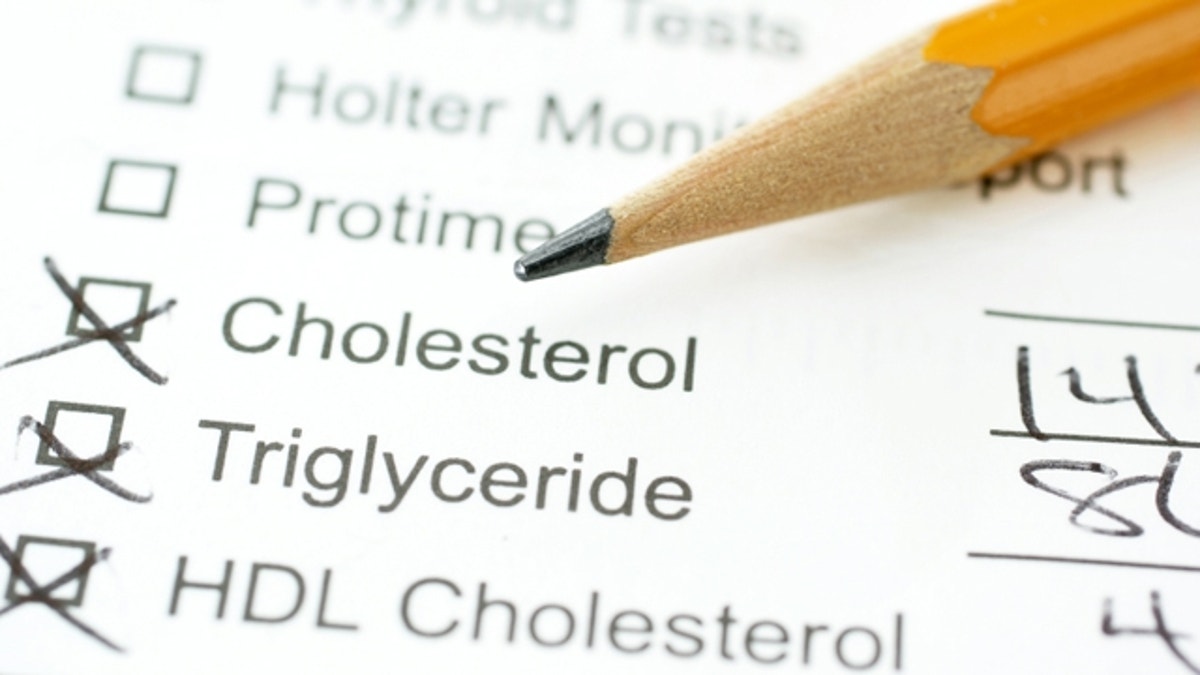
A new study finds ‘good’ cholesterol may not be as good for you as previously thought.
Up until now, doctors have believed HDL cholesterol, long considered the healthy type of cholesterol, could potentially protect a person from coronary heart disease. However, a study published Wednesday in The Lancet has found that raising levels of HDL cholesterol may not have any effect on heart disease risk after all.
"It's been assumed that if a patient, or group of patients, did something to cause their HDL levels to go up, then you can safely assume that their risk of heart attack will go down," said senior author Sekar Kathiresan, director of preventive cardiology at MGH and associate professor of medicine at Harvard Medical School, in a press release. "This work fundamentally questions that."
Using databases of genetic information, the researchers found people who were genetically predisposed to have higher levels of HDL cholesterol had no difference in heart disease risk than those who were not predisposed.
In addition, the researchers said, because there are no currently no drugs available on the market that elevate HDL levels specifically, it has been difficult to prove this type of treatment could actually lower a person's risk of having a heart attack.
“This is an interesting study because we’ve long held that HDL cholesterol and protective from epidemiological studies – and this is looking at if this has been the right course of thought,” Dr. Nieca Goldberg, a cardiologist and medical director of the Joan Tisch Center for Women's Health at the NYU Langone Medical Center, told FoxNews.com.
Goldberg, who was not involved in the study, said the results called for further research into why other studies have found conflicting results in the past.
“Is it because having low HDL is associated with other risk factors like obesity and high triglyceride levels?” Goldberg said. “The other issue [raised in the study] is we don’t have any research evidence to support giving medication to raise HDL cholesterol levels.”
However, Goldberg said, current treatment typically relies on lowering levels of LDL cholesterol – the ‘bad’ kind – rather than increasing HDL, so the study is likely to have little impact on how patients are actually treated.
“Exercise is one of the most natural ways to increase HDL, and I think people should continue to exercise because obviously there are other added benefits, such as lowering blood pressure, keeping weight down, and keeping the arteries more elastic and flexible,” Goldberg said.
Goldberg also recommended that people should focus on other standbys such as quitting smoking, limiting intake of unhealthy foods like sugars and starches, and increasing the amount of omega-3 fatty acids in their diet, in order to decrease their risk of suffering a heart attack. People should also get regular check-ups with their doctors to monitor their blood pressure and cholesterol levels.







































